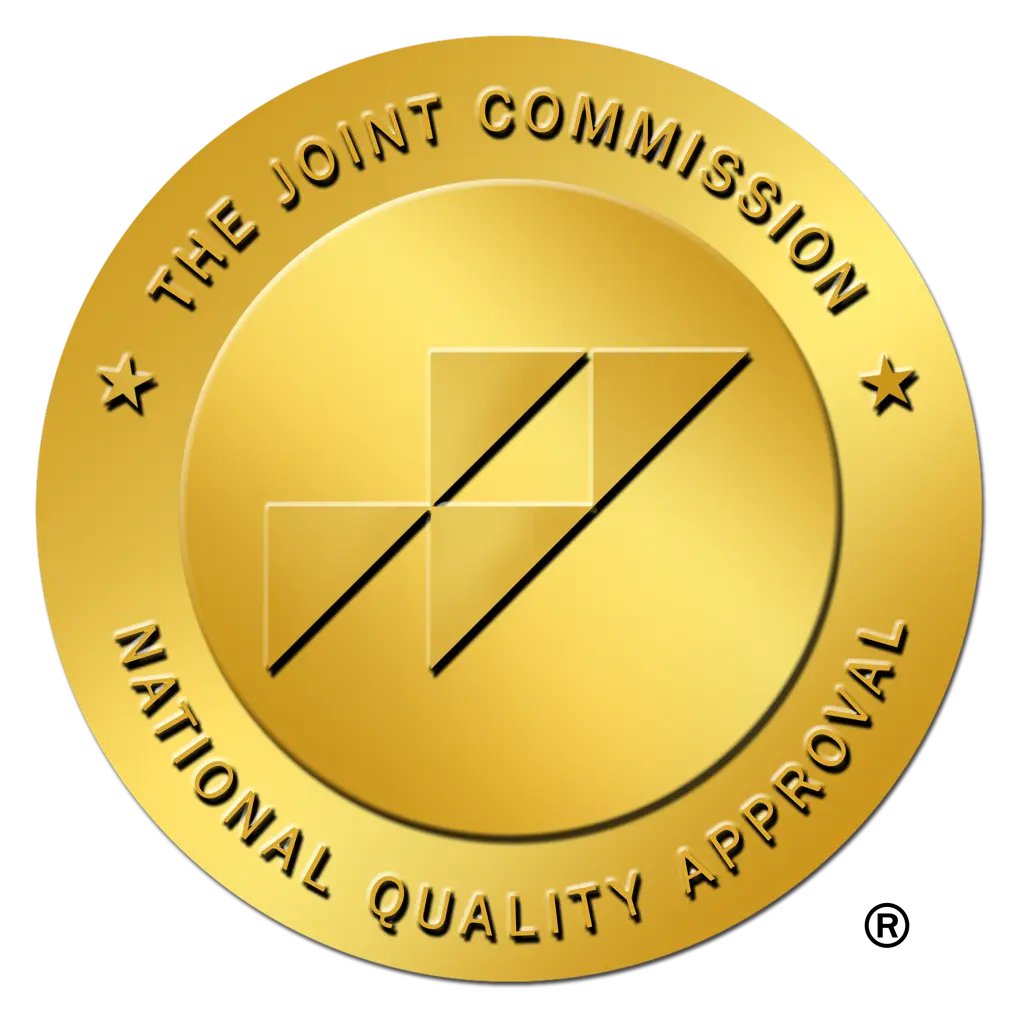Anxiety is one of the most commonly reported mental health issues worldwide. According to the Centers for Disease Control and Prevention (CDC), in 2021, 11.7% of adults experienced “regular feelings of worry, nervousness, or anxiety.” In addition to causing emotional distress, anxiety also impacts physical health and quality of life. Alter San Diego Crisis Intervention can help you heal and stabilize your mental health using evidence-based methods.
What Causes Anxiety?
Anxiety has many possible causes, and the symptoms often vary significantly from person to person. Multiple factors contribute to the development of stress, and it is often a symptom of chronic medical conditions, substance misuse, and mental health disorders. According to StatPearls Publishing, “Anxiety is linked to fear and . . . consists of a complex cognitive, affective, physiological, and behavioral response system associated with preparation for the anticipated events or circumstances perceived as threatening.” A perceived threat can include everyday stressors like social pressure, financial strain, or relationship problems.
The risk factors for developing anxiety-related mental health disorders include:
- Chronic or acute stress
- Witnessing or experiencing a trauma
- Chronic illness, injury, or disability
- Being a primary caregiver for someone with a chronic disability
- Financial strain
- Work pressure
- Relationship issues
- Childhood abuse or neglect
- Sexual abuse or harassment
If you or someone you love has an increased risk of anxiety, you may benefit from preventative measures like regular mental health checkups and daily self-care. Stress is the leading cause of anxiety. Finding ways to reduce stress can minimize your risk of developing an anxiety-related mental health issue. In most cases, individuals diagnosed with clinical anxiety have co-occurring conditions that require simultaneous treatment.
The Different Types of Anxiety
People can experience multiple types of anxiety, each with unique symptoms and triggers. In addition, co-occurring disorders can cause more severe side effects and make it difficult to get a precise diagnosis for some people. A professional assessment is the best way to determine what type of anxiety you have experienced.
The most common anxiety-related disorders include:
- Post-traumatic stress disorder (PTSD)
- Obsessive-compulsive disorder (OCD)
- Generalized anxiety disorder (GAD)
- Social anxiety disorder
- Specific phobias
- Panic disorder
Anxiety is listed as one of the possible or primary symptoms of many mental health disorders. Chemical changes in the brain, a decreased stress threshold, and other factors can increase the risk of developing anxiety-related issues.
What Are Related Disorders?
Physical or emotional stress can make it difficult to cope with strong emotions or unexpected situations. In addition, individuals with active mental health issues may have a more challenging time identifying or processing emotions, increasing overall stress levels. The most common co-occurring conditions experienced by people with anxiety include:
- Chronic pain and disabilities
- Mood disorders
- Bipolar disorder
- Schizophrenia
- Schizoaffective disorder
- Attention-deficit/hyperactivity disorder (ADHD)
- Eating disorders
People react in various ways when they feel anxious, and sometimes they confuse it for other emotions like sadness or anger. Treatment for anxiety and other issues involves learning to identify, regulate, and process emotions. Over time you will develop healthy and safe coping skills to manage daily stressors.
What Treatment Options Are Available?
Treatment for anxiety-related issues can involve the following:
- Prescription medication
- Psychotherapy
- Exposure therapy
- Behavior modification
- Alternative holistic therapies
For most people, a combination of anti-anxiety medication and talk therapy significantly reduces or eliminates most symptoms and improves the quality of life. Not everyone who struggles with anxiety requires medication or additional treatments.
Multiple factors will determine which care plan will best meet your needs, including:
- Cultural, religious, or personal preferences
- Co-occurring mental or physical disorders
- Severity of symptoms
- Mental health history
Everyone who participates in treatment at Alter San Diego Crisis Intervention undergoes a comprehensive admissions assessment to determine the best approach to treatment. The assessment will help the care team identify factors that may impact your recovery. Most people with anxiety-related mental health disorders report reduced symptoms shortly after beginning personalized treatment.
How to Support a Loved One With an Anxiety Disorder
Watching a loved one struggle with anxiety can feel overwhelming. However, there are things that friends and family can do to help people they care about overcome anxiety-related issues.
If someone you love experiences a mental health crisis caused by severe anxiety, you can support them by doing the following:
- Encouraging them to get an official diagnosis and professional treatment
- Actively listening and providing emotional support
- Validating their experiences
- Reminding them that they are not alone and that they have a support system
- Providing practical support, including transportation to treatment or medication reminders
Being present, showing your support, and celebrating their successes with them can provide much-needed inspiration and motivation. Anxiety is often caused by underlying issues like trauma that may require crisis intervention or long-term treatment. By remaining a positive presence in your loved one’s life, you can help them stay focused and continue healing.
Anxiety is one of the most common mental health issues. Everyone has experienced anxiety at some point in their lives. However, some people do not have the coping skills to manage anxiety in a healthy way. Individuals with no support system or essential coping skills may have a higher risk of developing mental health disorders. Crisis stabilization and other treatment programs can help people struggling to live with chronic or acute anxiety. Alter San Diego Crisis Intervention offers a wide range of options for treating mental health issues. To learn more about how we can help you or a loved one overcome anxiety, call our office today at (866) 986-1481.

